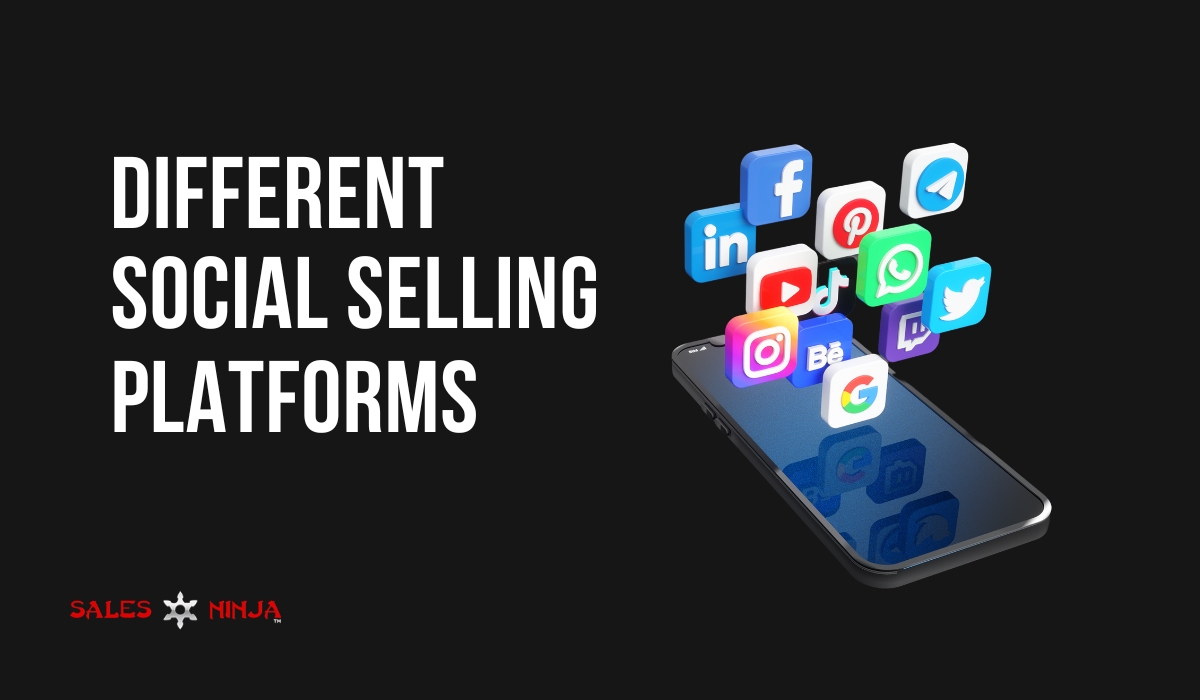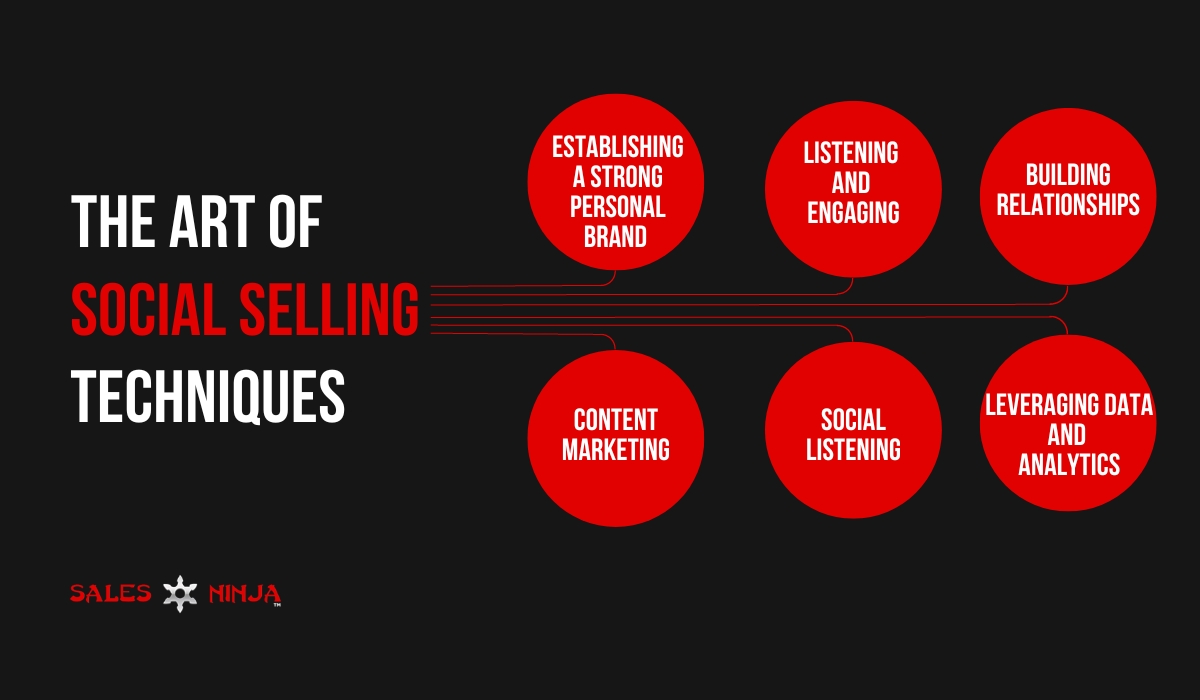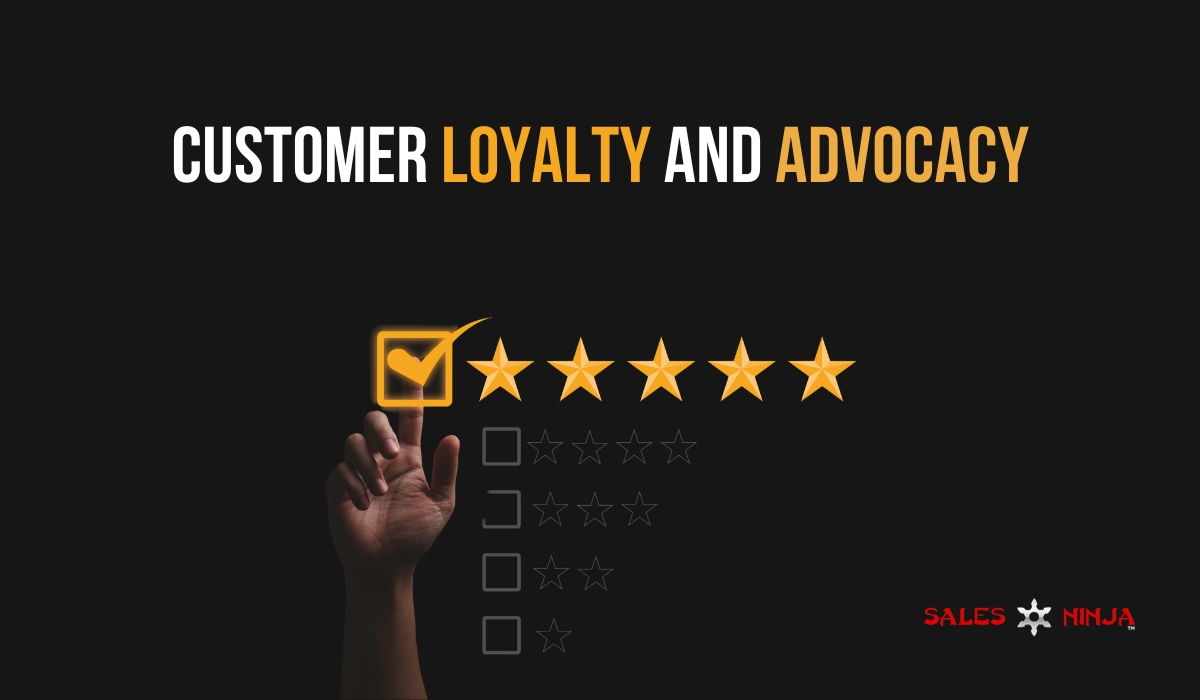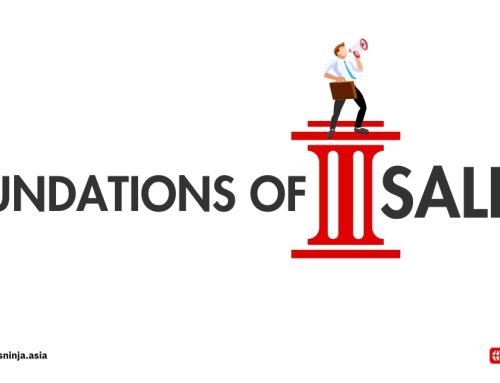In recent years, social media engagement has witnessed a remarkable surge, fueled by the rise of remote work and limitations on traditional networking. Sales professionals have faced challenges in connecting with prospects face-to-face, leading them to explore alternative methods to curate and share content online. As a result, the popularity of social selling and LinkedIn marketing has experienced a noticeable uptick during this period.
The concept of social selling offers a compelling alternative to traditional cold-calling methods. By leveraging social media platforms, businesses can find and connect with interested customers, shifting the focus from reaching out to individuals unaware of their existence. The impacts of social selling on consumer behavior continues to rise, with individuals more likely to make a purchase based on recommendations from trusted sources they follow.
Throughout this article, we will delve into the key impacts of social selling, explore how it works, techniques, and shed light on different Social-Selling platforms, and how social selling influences businesses. With the immense potential of over 4.2 billion active social media users worldwide, spending an average of 2 hours and 25 minutes per day on these platforms, social selling has become an indispensable tool for building authentic relationships, creating valuable connections, and nurturing long-term customer relationships.
So, join us on this journey as we unravel the world of social selling and discover its profound impact on modern sales practices.
Understanding Social Selling
Social selling is a strategic approach that harnesses the power of social media platforms to build authentic relationships, engage with prospects, and drive sales. By going beyond traditional sales methods, it focuses on creating valuable connections and nurturing long-term customer relationships through meaningful interactions on social media. This process introduces a fresh approach to conducting business, allowing companies to connect with a larger audience in a more personalised manner.
The goal is to convert brand awareness into tangible sales by positioning your brand as the preferred choice for prospective clients. Furthermore, impacts of social selling establishes you as a trusted authority in your industry, enabling proactive outreach and individualised solutions to address the needs of potential customers.
How Does It Work?
Did you know that 78% of salespeople who use social media outperform their peers? Social selling has revolutionized the way businesses connect with their audience and drive sales in the digital age. It’s a strategic approach that leverages social media platforms to build relationships, establish credibility, and ultimately close deals.
To excel in social selling, it’s crucial to identify and understand your target audience using social media analytics. This allows you to tailor your approach and engage effectively. Establishing a strong personal brand is essential, reflecting expertise, credibility, and value proposition. Sharing relevant content, providing insights, and engaging with your network builds trust and positions you as an industry authority. By fostering meaningful connections and relationships, you can convert leads into loyal customers.
Let’s take a look at an example to illustrate the power of social selling. Imagine you are a sales professional specialising in software solutions. Through social media, you identify a potential prospect who frequently posts about their challenges with outdated systems. You reach out with a personalised message, highlighting how your software can alleviate their pain points and enhance their operations. By providing relevant case studies and success stories, you demonstrate the value of your solution. Through ongoing engagement and nurturing, you build trust and credibility, leading to a successful sales conversion.

Different social selling platforms
Different Social Media Platforms
Leveraging social media platforms, sales professionals can build relationships, engage prospects, and ultimately convert them into loyal customers. Let’s delve into different social selling platforms and understand how they facilitate this process.
-
LinkedIn
Known as the professional networking platform, LinkedIn offers a robust ecosystem for social selling. Sales professionals can utilise their profiles to establish credibility, join relevant industry groups, and actively participate in discussions. By sharing valuable content, engaging with prospects through messaging, and leveraging LinkedIn’s advanced search features, salespeople can build meaningful connections and nurture leads.
Imagine a sales representative in the software industry. They can connect with potential clients, share informative articles about the latest trends, and engage in conversations about industry challenges. Through personalised messages and thought leadership, the sales rep can position themselves as a trusted advisor and increase the chances of closing deals. -
Twitter
With its real-time nature and expansive reach, Twitter offers a unique platform for social selling. By monitoring industry hashtags, participating in relevant conversations, and sharing insightful content, sales professionals can amplify their presence and engage with prospects. Additionally, Twitter’s direct messaging feature allows for personalised communication to build relationships.
Let’s say a salesperson in the fashion industry wants to reach out to fashion influencers and potential buyers. They can actively follow relevant hashtags like #fashiontrends and retweet valuable content, and initiate conversations by responding to tweets. By establishing rapport and demonstrating their industry expertise, the sales rep can attract attention and drive engagement. -
Instagram
Known for its visual appeal, Instagram provides a platform for sales professionals in industries like fashion, beauty, and lifestyle to showcase products and connect with potential customers. Through captivating images, engaging captions, and strategic use of hashtags, salespeople can attract followers and generate leads.
For example, imagine a sales representative promoting luxury travel experiences. They can create an Instagram profile highlighting stunning destinations, exclusive hotel experiences, and adventurous activities. By sharing captivating visuals and storytelling through captions, they can captivate their audience and direct them to their website or contact information for further engagement. -
Facebook
As one of the largest social media platforms, Facebook offers a wide range of opportunities for social selling. Sales professionals can join relevant groups, create business pages, and leverage Facebook Ads to target specific audiences. By sharing informative content, running promotions, and engaging in conversations, they can build brand awareness and drive conversions.
Let’s consider a salesperson in the fitness industry. They can create a Facebook group focused on health and wellness, offering valuable tips, workout routines, and nutrition advice. By engaging with group members, answering questions, and sharing success stories, the sales rep can establish a community of potential customers interested in fitness products or services. -
YouTube
As the second-largest search engine after Google, YouTube offers immense potential for Social Selling. Sales professionals can create informative videos, product demonstrations, or testimonials to establish credibility and engage with their audience. A tech gadget seller, for example, can create video reviews, tutorials, and comparisons to assist customers in making informed purchase decisions. These are just a few examples of social selling platforms and how they can be utilized to connect with prospects and drive sales.

The art of social selling tecniques
The Art of Social Selling Techniques
With the rise of social media platforms and online communities, sales professionals have an opportunity to leverage these channels effectively. But what are the techniques that drive success in social selling?
Let’s explore some key techniques.
-
Establishing a Strong Personal Brand
Your brand is your digital identity. Invest time in creating a professional and authentic online presence. Craft a compelling profile that showcases your expertise and aligns with your target audience’s needs. Share valuable content that positions you as a trusted advisor in your industry.
-
Listening and Engaging
Social selling is not just about broadcasting your message. It’s about actively listening to your prospects and engaging in meaningful conversations. Monitor social media channels and join relevant industry groups to stay updated on trends, challenges, and opportunities. Respond promptly to inquiries, comments, and discussions to demonstrate your attentiveness and willingness to provide value.
-
Building Relationships
Social selling thrives on building genuine relationships. Invest time in nurturing connections with prospects and industry influencers. Personalise your outreach and offer insights or resources that address their specific pain points. By building trust and credibility, you lay a strong foundation for future sales opportunities.
-
Content Marketing
Share relevant and valuable content that educates, inspires, and solves problems for your target audience. Position yourself as a thought leader by creating and curating content that showcases your expertise. Utilise multimedia formats such as blog posts, videos, infographics, and podcasts to cater to different preferences. For instance, you are reading this article on Sales Ninja‘s website, where we intend to connect with you more cordially and provide valuable insights to help you excel in your sales journey. Our team of experts has carefully crafted this content to address your specific needs and provide actionable strategies.
-
Social Listening
Use social media listening tools to monitor conversations related to your industry, products, and competitors. By staying attuned to customer sentiments and needs, you can tailor your sales approach and provide relevant solutions. Social listening also offers valuable insights for product development and market positioning.
-
Leveraging Data and Analytics
The power of social selling lies in its ability to track and analyze data. Utilise analytics tools to measure engagement, conversion rates, and customer journey touchpoints. Leverage this data to refine your social selling strategies, identify areas for improvement, and optimize your approach.
Remember, social selling is about building relationships, not just closing deals. Adapt your strategies, stay updated on social media trends, and continuously refine your approach to achieve long-term success.

social selling
Impact of Social Selling
The revolutionary nature of social selling has a profound influence on sales outcomes and the broader sales environment. Let’s delve into the far-reaching effects of social selling and how it is revolutionizing the way we approach sales.
-
Increased Opportunities and Quota Achievement
One of the key impacts of social selling is its ability to enhance sales effectiveness and drive revenue growth. Social selling enables sales professionals to establish credibility and trust by showcasing their expertise and thought leadership on social media platforms. By providing valuable insights, sharing relevant content, and engaging in meaningful conversations, salespeople can position themselves as trusted advisors rather than mere product pushers. This shift in approach leads to stronger customer relationships and increased sales opportunities.
Statistics reveal that social sellers attract 45% more opportunities compared to their non-social counterparts. Furthermore, they are 51% more likely to achieve their sales quotas. These impressive numbers indicate the impacts of social selling in generating valuable leads and driving sales success. (Source: LinkedIn)
-
Revenue Growth through Consistent Social Selling Processes
Furthermore, social selling allows for personalised and targeted prospecting. Sales professionals can use social media platforms to identify and connect with potential customers who align with their target market. This targeted approach helps streamline the sales process, resulting in higher conversion rates and shorter sales cycles. Research by IBM found that social selling increases the likelihood of closing deals by 40%. This emphasises the importance of integrating social selling into the overall sales strategy to drive revenue growth and achieve organizational objectives.
-
Influence on Revenue in Various Industries
The impacts of social selling extends across different sectors. In 14 common industries, including computer software, healthcare, and marketing and advertising, social selling influences half of the total revenue generated. This highlights the wide-ranging applicability and effectiveness of social selling techniques in diverse business landscapes. (Source: LinkedIn)
-
Customer loyalty and advocacy
By actively engaging with customers on social media, sales professionals can provide ongoing support, address concerns, and celebrate successes. This personalized interaction builds stronger customer relationships, leading to repeat business and positive word-of-mouth referrals. According to a survey by Social Media Today, 71% of consumers are more likely to recommend a brand to others if they have had a positive experience with the brand on social media.

customer loyalty and advocacy
The impacts of social selling cannot be underestimated in today’s digital age. With the rise of social media platforms and the changing landscape of consumer behavior, sales professionals have the opportunity to leverage these platforms to build authentic relationships, engage prospects, and drive revenue growth. To stay ahead in this curve, sales professionals must embrace social selling techniques and continuously refine their strategies.
If you are eager to explore more sales tips, insights, and valuable resources, make sure to follow Sales Ninja. Stay connected, keep refining your social selling skills, and seize the opportunities that social media presents for your sales journey.

B2B-Sales-Ninja
We are happy to announce that we are arranging a public training program, “B2B Sales Ninja: Target Any Customer You Want- AI-Powered.” Through our training program, you will gain invaluable insights into effective B2B sales strategies, learn to navigate complex sales cycles, and understand how to leverage AI technology to your advantage.






Leave A Comment